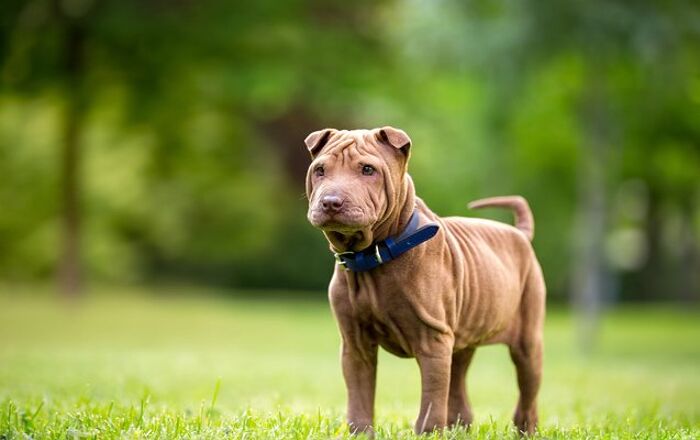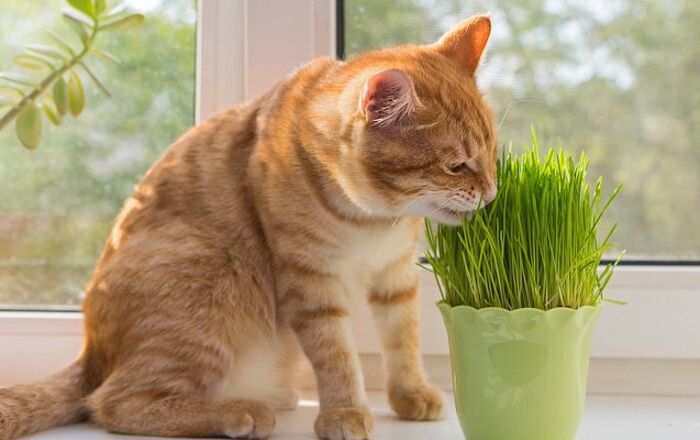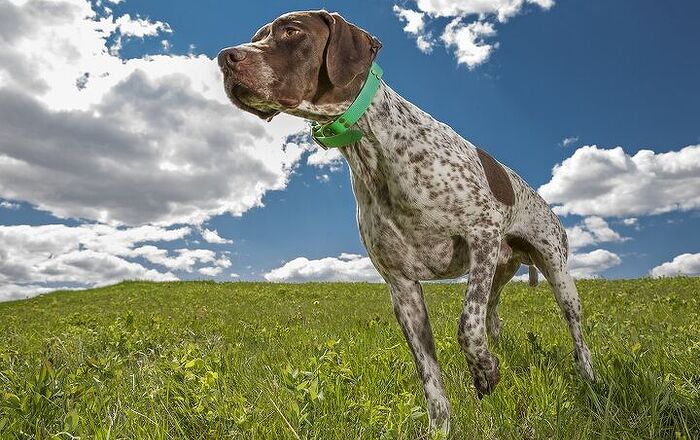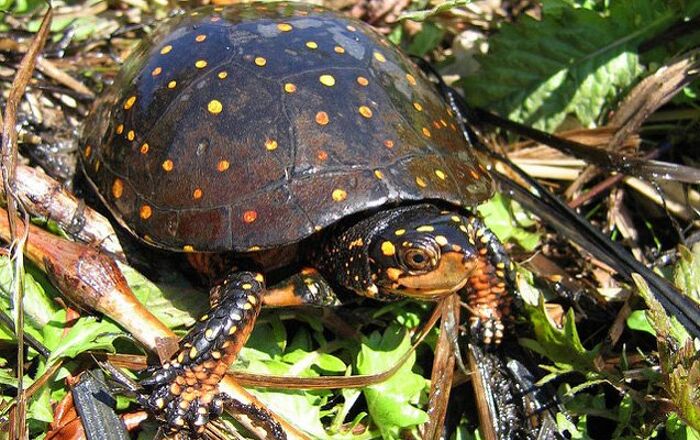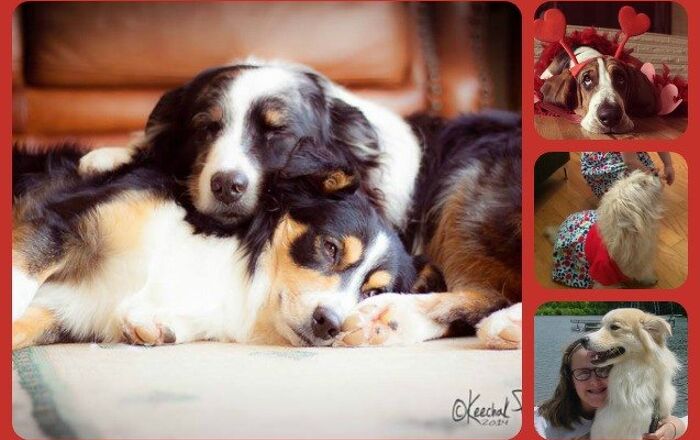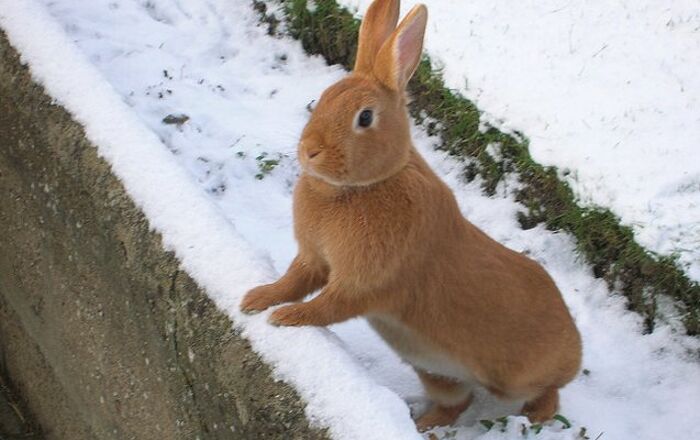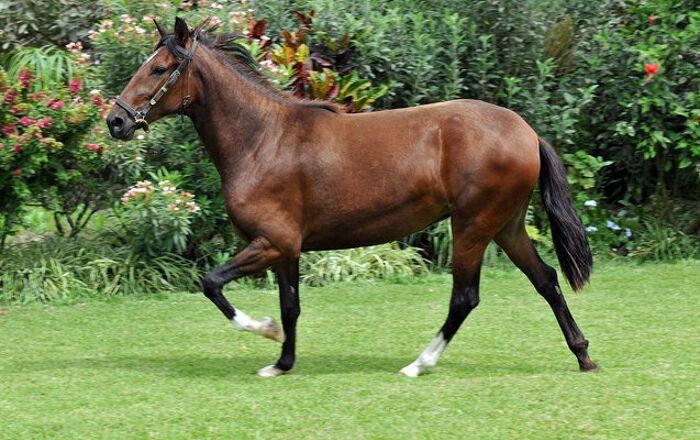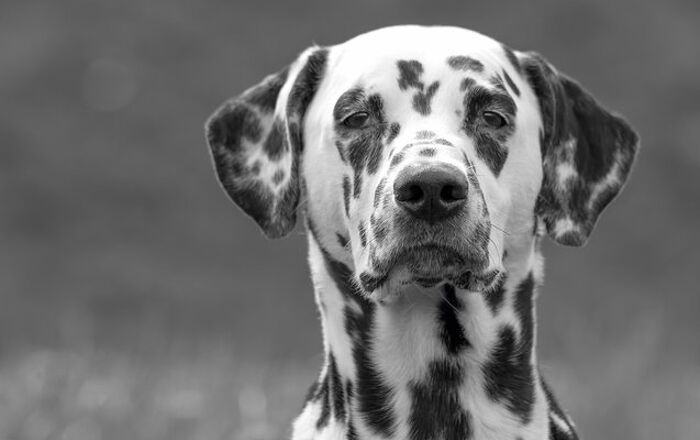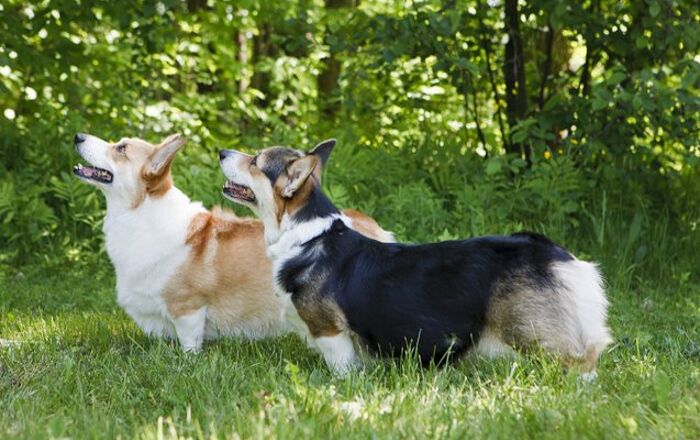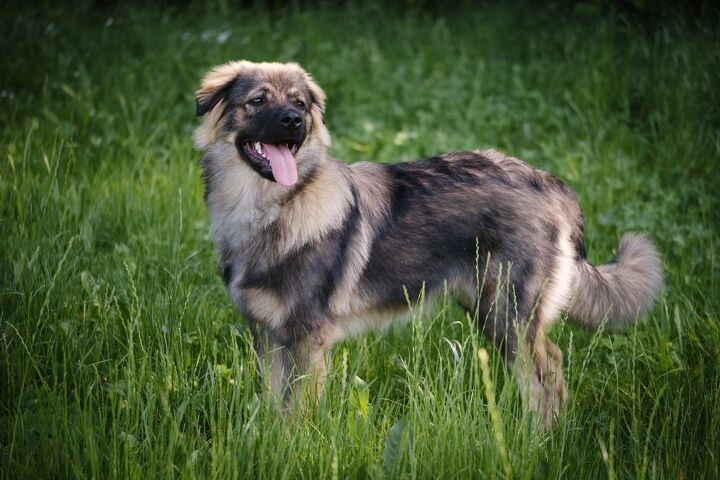
Karst Shepherd Dog Basics
The Karst Shepherd Dog may look familiar but it is unlikely that you’ve ever actually seen one. These dogs are similar in appearance to the Caucasian Shepherd but they are native to Slovenia and are rarely seen outside their homeland. This breed is a working dog that can adapt to family life, but requires a great deal of training and socialization to do so.
The Karst Shepherd Dog is a working dog that can adapt to family life, but requires a great deal of training and socialization to do so.
Origin
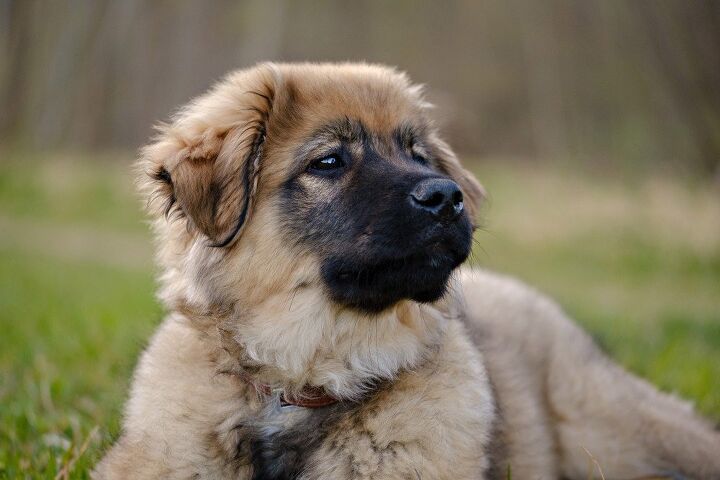
The Karst Shepherd Dog is native to Slovenia and is thought to be the oldest native breed. The origins of the breed are unclear, though it is thought to be an ancient breed used for livestock guarding and farm work in the area known as Slovenian Karst. Some researchers suggest that the breed’s ancestors may include the German Shepherd Dog and the Greek Molos – there may also be a link with the Pompeii Dog. The breed was originally known as the Illyrian Shepherd and grouped together with the Shepherd of the Sarplaninia Mastiff.
The Karst Shepherd Dog was renamed the Krasevec in 1968 and later separated to become the Karst Shepherd Dog. There is no documentation of the breed’s introduction in the United States, though it is thought to have been brought over the border from Canada or Mexico instead of being flown in. The breed is not yet recognized by the AKC but was recognized by the UKC in 2006. It is currently recognized by the FCI in Group 2 Molossoid Breeds – Mountain Type.
Pedigree
The Karst Shepherd Dog is native to Slovenia where it is thought to be descendant from local ancestors and may be related to the German Shepherd Dog and Greek Molos.
Food/Diet
As a medium-large breed, the Karst Shepherd Dog requires a diet formulated for breeds of its size. These dogs need a significant amount of protein to maintain lean mass with moderate fat for energy. A large-breed formula is a good choice for this dog, though some dogs do well on working breed formulas.
The Karst Shepherd Dog is naturally a dominant breed, so they are not a good choice for inexperienced dog owners.
Training
The Karst Shepherd Dog is naturally a dominant breed, so they are not a good choice for inexperienced dog owners. This breed requires a firm and steady hand in training – someone who will project strong authority over the dog without being cruel. These dogs also require a significant degree of socialization because they are predisposed to being aloof or even aggressive around unfamiliar people and animals.
Weight
The Karst Shepherd Dog is a medium-to-large breed, standing 21 to 24 inches tall and weighing 55 to 90 pounds, on average.
Temperament/Behavior
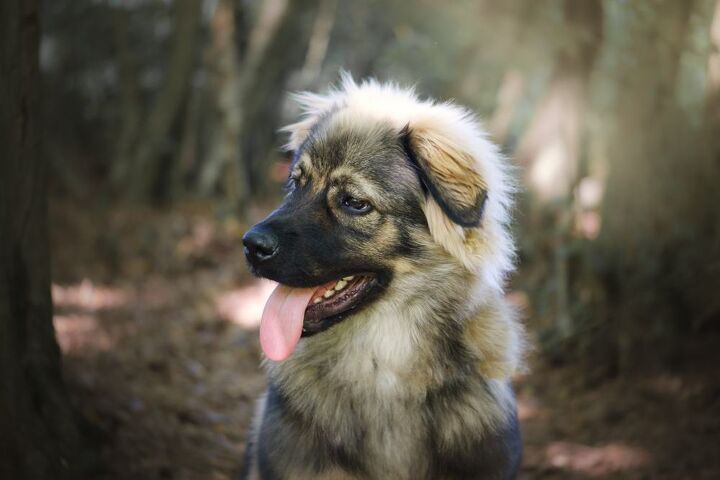
The Karst Shepherd Dog was developed as a sheepdog and livestock guardian, so it is naturally an aloof and independent breed. These dogs are intelligent and hard-working, but they can also be dominant at times. This breed is not recommended for first-time dog owners or for those without experience working with aggressive and dominant dogs because a great deal of socialization is required as well as consistent training. This breed can be a devoted family companion but will always be distrusting of strangers and can become aggressive toward unfamiliar people and animals.
Common Health Problems
The Karst Shepherd Dog is generally a healthy breed, though like all dogs, is prone to certain health problems. Many of the health problems seen in this breed are related to its size. This includes musculoskeletal issues like hip and elbow dysplasia as well as things like bloat.
Life Expectancy
The average lifespan for the Karst Shepherd Dog is about 10 to 12 years which is fairly standard for a breed of its size.
Exercise Requirements
The Karst Shepherd Dog is not an overly active breed, though he does have the stamina to work long days. This breed requires moderate daily exercise as well as frequent socialization and training.
The Karst Shepherd Dog was developed as a sheepdog and livestock guardian, so it is naturally an aloof and independent breed.
Recognized Clubs
The Karst Shepherd Dog is not currently accepted by the AKC but was accepted by the United Kennel Club in 2006 and is recognized by the FCI.
Coat
The Karst Shepherd Dog has a medium-long, dense double coat. Its coloring includes various shades of gray and most dogs with darker coats have lighter gray on the legs and underside. The coat length is at least 10cm on the body with longer feathering in parts. The coat lies flat except for the feathering and a great deal of grooming is required to control shedding.
Puppies
Breeding for the Karst Shepherd Dog is somewhat closely controlled, though there is a program that was started in 2009 to improve the breed. Due to fears of inbreeding due to low population, a single male Newfoundland was introduced into the population. The total number of Karst Shepherd Dogs is estimated around 700. Puppies of this breed require a significant amount of socialization and training, especially if they are to be kept as family companions.
Photos: Vesna Kriznar/Shutterstock



